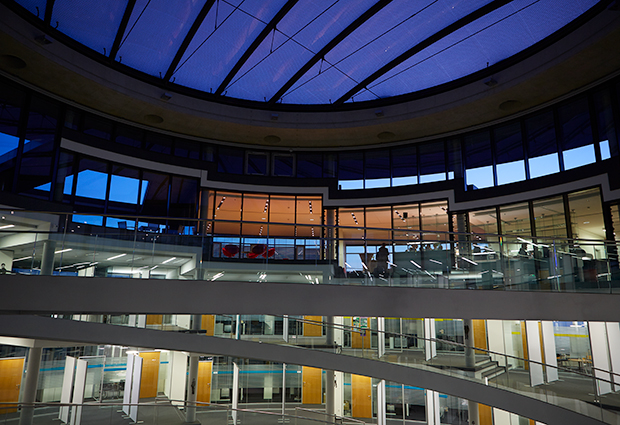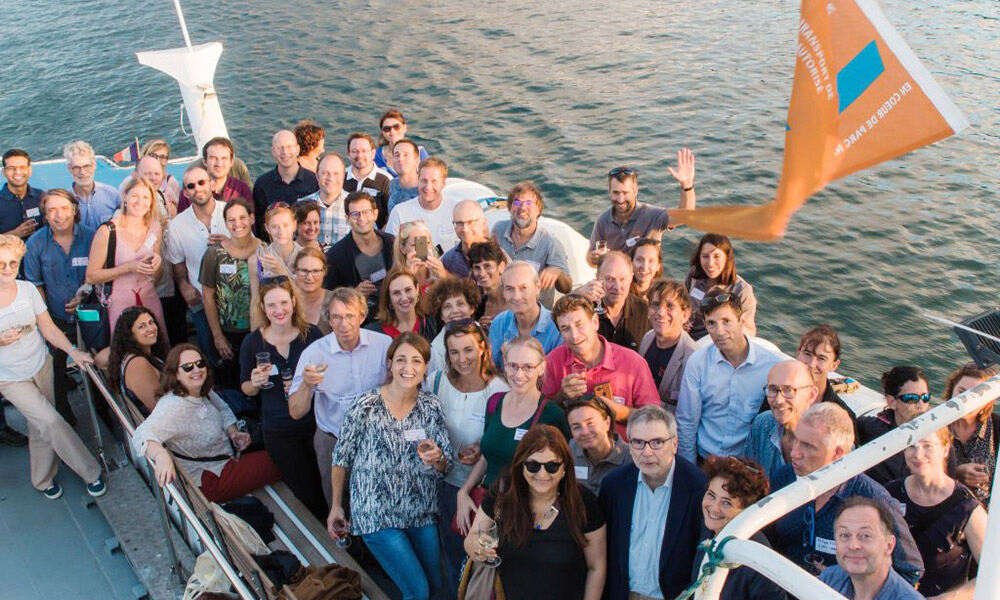
Innovation and Translation
EMBL harnesses its entrepreneurial spirit through technology-transfer programmes, industry relations and technology spin-offs.
We are Europe’s life sciences laboratory
We operate six sites across Europe each with its own research units, services and facilities.
With 29 member states, the European Molecular Biology Laboratory (EMBL) has more than 110 independent research groups and service teams covering the spectrum of molecular biology at six sites in Barcelona, Grenoble, Hamburg, Heidelberg, EMBL-EBI Hinxton, and Rome.
EMBL Council comprises national representatives of our member states and is EMBL’s governing body. Our Director General is Professor Edith Heard FRS.
EMBL pursues five missions in research, services, training, technology transfer and policy development. Our five-year plans are set out in our Scientific Programme.
EMBL fosters International Relations across Europe and worldwide, and we have partnerships with comparable institutions. Our Strategy Office aligns activities across all sites, and you can learn more in our History and Legal Status section.


EMBL harnesses its entrepreneurial spirit through technology-transfer programmes, industry relations and technology spin-offs.

By supporting EMBL with your philanthropic contribution, you are enabling progress in its purest form.

Our Administration units support all parts of EMBL and deliver long-term strategic administrative planning.

We foster connections between the laboratory, its member states, current EMBL staff, EMBL alumni and the public.

We embed ethics governance, assurance, training & engagement functions across EMBL’s activities.

We seek to inform, inspire, and engage society with EMBL’s research, services and training.
Our science education and public engagement activities seek to ensure wider awareness and application of EMBL’s knowledge by general scientific audiences, teachers, young learners, and the public.
Learn more about our science education and public engagement activities.
Wherever possible our databases and software are freely available to the scientific community, and our Office for Scientific Information Management (OSIM) provides a hub of expertise on the management of scientific outputs and related services.
EMBL strongly encourages open access publication and is committed to support fair and responsible research assessment practices.
We are committed to transitioning to a sustainable organisation, and to creating a more inclusive research and work culture, including the provision of independent and impartial support for staff.